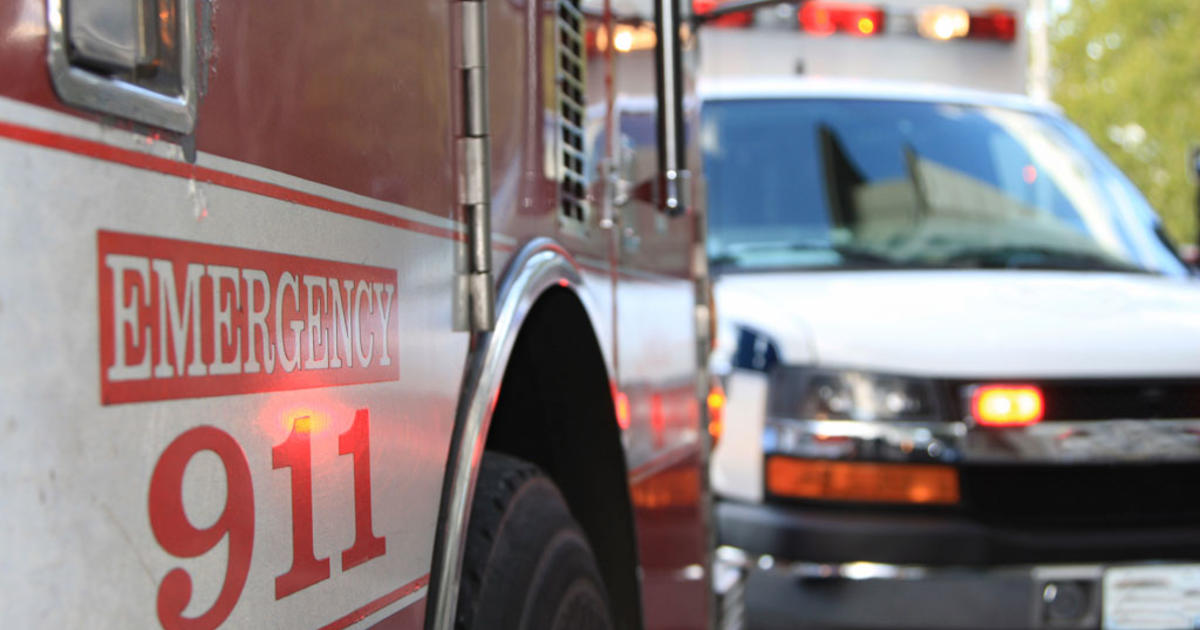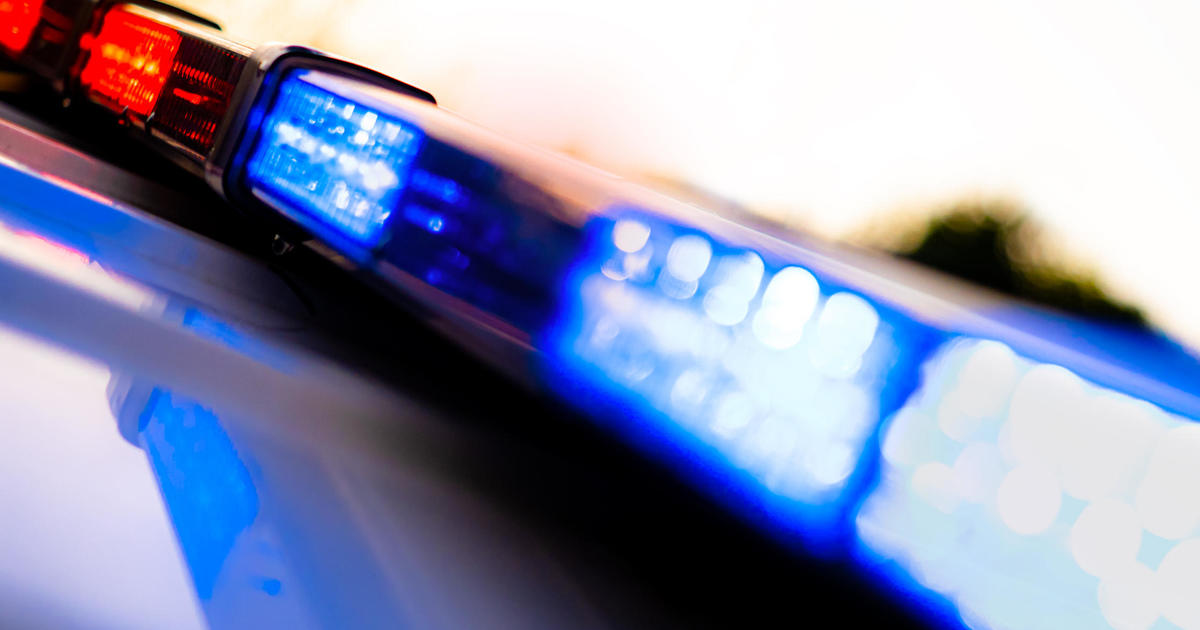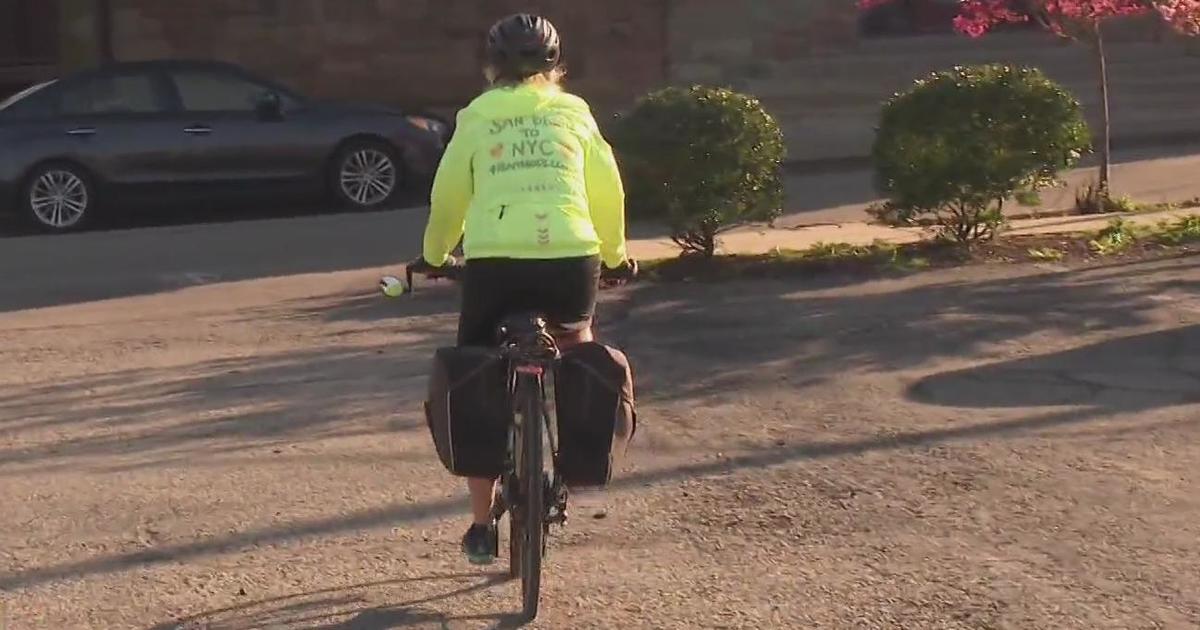Kidsburgh: Exclusive Interview With Sue Klebold
PITTSBURGH (KDKA) -- It's been 20 years since the mass shooting at Columbine High School.
That is when 12 students and a teacher were killed by two other students, who then took their own lives.
Sue Klebold is the mother of Dylan Klebold, one of the shooters. She's in Pittsburgh to speak at a forum and to share what she's learned over the past two decades.
RELATED LINKS:
Klebold experienced the unimaginable and has come out on the other side, ready to talk about what we as parents, schools and a community, can do to help all of our children, many of whom may be struggling with mental health issues.
Klebold says it's taken her all these years to process what happened, but says, "I'm never ever going to not remember those who were killed and hurt and remember my son, and so I've tried to take whatever happened and make it my own life's mission."
Klebold says that mission focuses on suicide prevention, because, as she's come to realize, her son was suicidal.
She writes about it in her book, "A Mother's Reckoning", from which all of her proceeds go to mental health organizations.
Klebold points out that suicide is the second leading cause of death among people ages 14 to 34 and the third leading cause in kids ages 10 to 14.
She says research shows that very often, perpetrators of mass violence are suicidal.
"We know that suicide is preventable, and I believe that we can also prevent a certain percentage of, very probably a large percentage of, mass violence if we address the suicidality of the would-be perpetrators," Klebold says.
At the time of the Columbine shooting, Klebold didn't know her son was suicidal, he had just gone to prom and was planning to go to college.
Kristine Sorensen: I read in your book that you didnt' have any idea that he was suicidal and that he was even planning this kind of thing. As a parent, how did you not know that your child was suicidal and was going to commit a massacre?
Sue Klebold: That is the one question that, at first, when someone would ask, 'How could you not know?', it felt like a personal accusation, a personal affront. And I think the reason it felt so horrible was that was the question I was asking myself."
Klebold says she thought her love for her son would be enough to protect him and that he would communicate if he needed help, but Klebold has learned that many suicidal people hide it well. That's why it's so important for parents to observe, ask questions, and listen.
"I think the most important thing for us to do is not try to fix what someone is feeling, not try to relieve the stress and fix problems," Klebold says, "but just to give someone an opportunity to talk about their feelings. And that is something that I think most parents need help doing."
WATCH: KDKA's Kristine Sorensen's full interview with Sue Klebold



